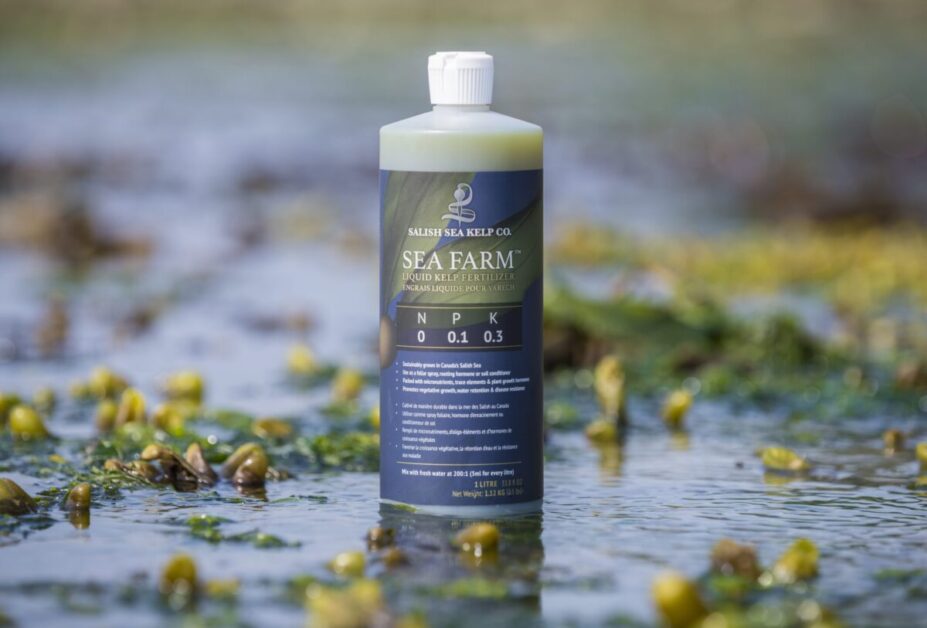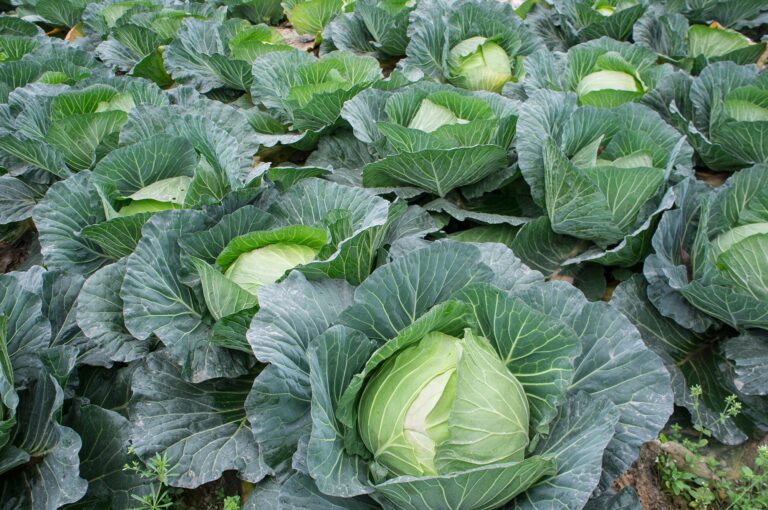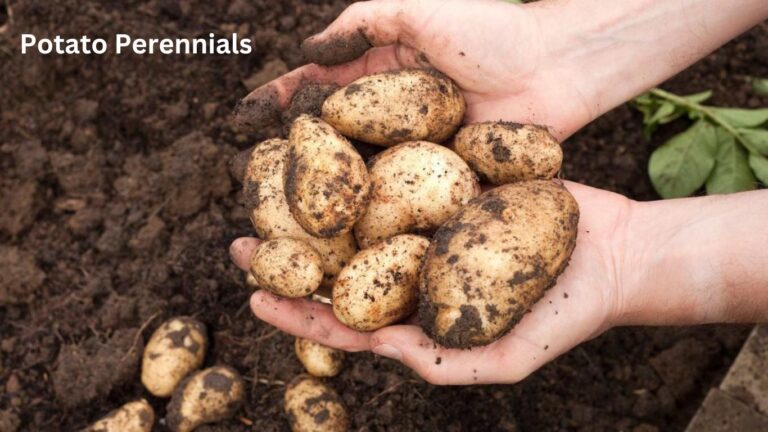Unveiling the Benefits of Liquid Kelp Fertilizer
Environmental Benefits: Exploring how liquid kelp fertilizer contributes to a healthier ecosystem.
Liquid kelp fertilizer has gained increased attention due to its numerous environmental benefits. One of the key ways in which it contributes to a healthier ecosystem is by promoting soil fertility and reducing the need for synthetic fertilizers. Unlike chemical fertilizers, liquid kelp fertilizer is derived from seaweed and contains essential nutrients, trace minerals, and growth-promoting hormones. When applied to the soil, it improves its structure and increases its water-holding capacity, leading to better nutrient absorption by plant roots. This, in turn, reduces nutrient runoff, preventing the contamination of nearby water bodies and maintaining the delicate balance of aquatic ecosystems.
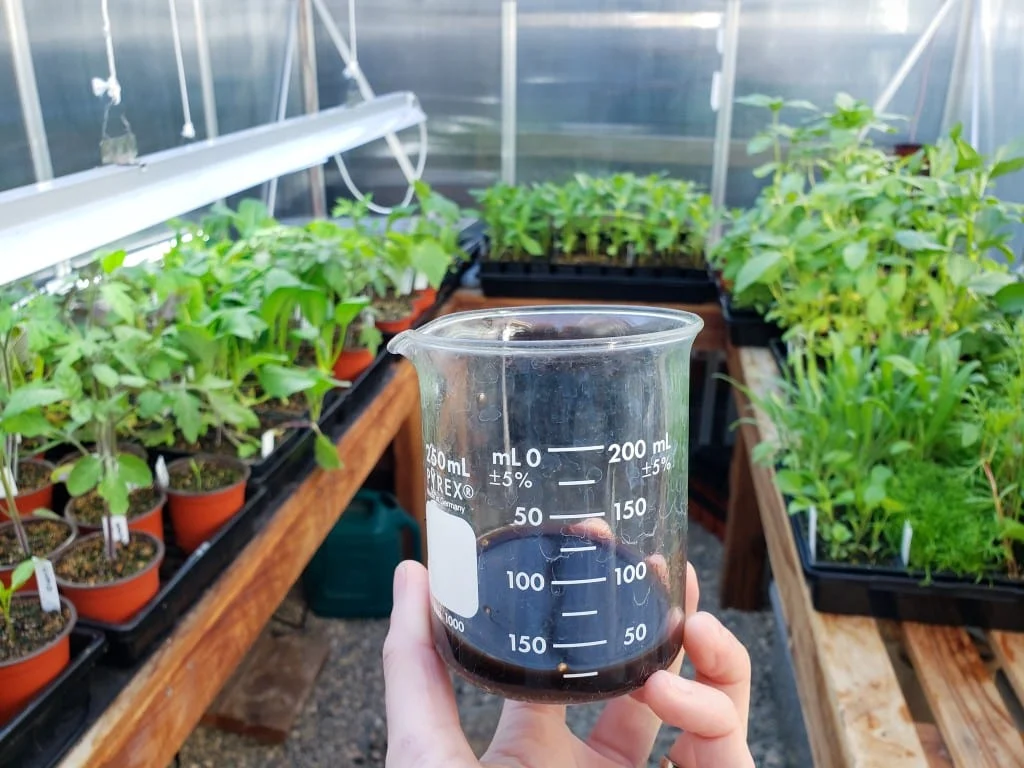
Additionally, liquid kelp fertilizer enhances the overall health and resilience of plants, making them more resistant to pests, diseases, and environmental stressors. This reduces the reliance on harmful pesticides and herbicides, which can have detrimental effects on beneficial organisms and pollinators. Furthermore, studies have shown that liquid kelp fertilizer enhances microbial activity in the soil, supporting the growth of beneficial bacteria and fungi that help to break down organic matter and improve soil nutrient cycling. By nourishing the soil and fostering a balanced ecosystem, liquid kelp fertilizer contributes to the preservation of biodiversity and the overall sustainability of our environment.
The table below shows us the environmentsl benefits of using liquid kelp fertilizers:
| Environmental Benefits of Liquid Kelp Fertilizer | Description |
|---|---|
| 1. Sustainable Sourcing | Liquid kelp fertilizer is often derived from sustainably harvested seaweed, promoting eco-friendly practices. |
| 2. Reduced Synthetic Fertilizer Dependency | By providing essential nutrients, liquid kelp reduces the need for synthetic fertilizers, minimizing environmental impact and chemical runoff. |
| 3. Improved Soil Structure | Kelp enhances soil structure, promoting better water retention and aeration, reducing the risk of erosion. |
| 4. Biodiversity Support | Seaweeds used in liquid kelp formulations contribute to marine biodiversity, as sustainable harvesting methods are employed. |
| 5. Organic Matter Addition | Liquid kelp adds organic matter to the soil, enhancing its fertility and supporting microbial activity. |
| 6. Enhanced Nutrient Uptake | The rich nutrient content of liquid kelp facilitates improved nutrient uptake by plants, promoting healthier growth. |
| 7. Stress Resistance | Kelp-based fertilizers can enhance a plant’s resistance to environmental stresses, such as drought and disease. |
| 8. Low Environmental Impact | The production and application of liquid kelp typically have a lower environmental impact compared to some synthetic fertilizers. |
| 9. Biodegradability | Liquid kelp breaks down naturally in the environment, reducing the risk of long-term soil or water contamination. |
| 10. Carbon Sequestration | Seaweeds have the ability to sequester carbon dioxide from the atmosphere, contributing to climate change mitigation. |
Cost-Effectiveness: Understanding the economic advantages of using liquid kelp fertilizer.
Liquid kelp fertilizer offers several economic advantages that make it a cost-effective option for gardeners and farmers alike. Firstly, liquid kelp fertilizer remains competitively priced compared to other organic fertilizers on the market. This means that even budget-conscious individuals can incorporate this eco-friendly fertilizer into their gardening practices without breaking the bank. Additionally, liquid kelp fertilizer is highly concentrated, which means that a little goes a long way. This concentration allows gardeners and farmers to use less product, ultimately resulting in decreased costs over time.
Furthermore, the economic benefits of liquid kelp fertilizer extend beyond its initial affordability. Research has shown that plants treated with liquid kelp fertilizer exhibit enhanced growth and development. This enhanced productivity can lead to increased crop yields, making liquid kelp fertilizer a cost-effective investment for farmers looking to maximize their profits. Additionally, the use of liquid kelp fertilizer has been found to improve the overall quality of plants, including their appearance, taste, and nutritional value. This improved quality can result in higher market prices for produce, providing another avenue for economic gain. In sum, the economic advantages of liquid kelp fertilizer make it a financially viable and worthwhile option for gardeners and farmers striving for both ecological sustainability and financial success.
Versatility: The wide range of applications and benefits of liquid kelp fertilizer for various types of plants.
Liquid kelp fertilizer is a versatile product that offers a wide range of applications and benefits for various types of plants. Whether you’re growing vegetables, fruits, herbs, or flowers, this natural fertilizer can enhance their growth and overall health. Its versatility lies in its ability to be used in different gardening methods, including traditional soil-based gardening, hydroponics, and container gardening.
One of the key benefits of liquid kelp fertilizer is its rich nutrient profile. Derived from seaweed, this organic fertilizer is packed with essential nutrients such as nitrogen, phosphorus, potassium, and trace elements like calcium, magnesium, and iron. These nutrients are readily absorbed by plants, promoting robust growth, improving root development, and enhancing the plant’s ability to fight off diseases and pests.
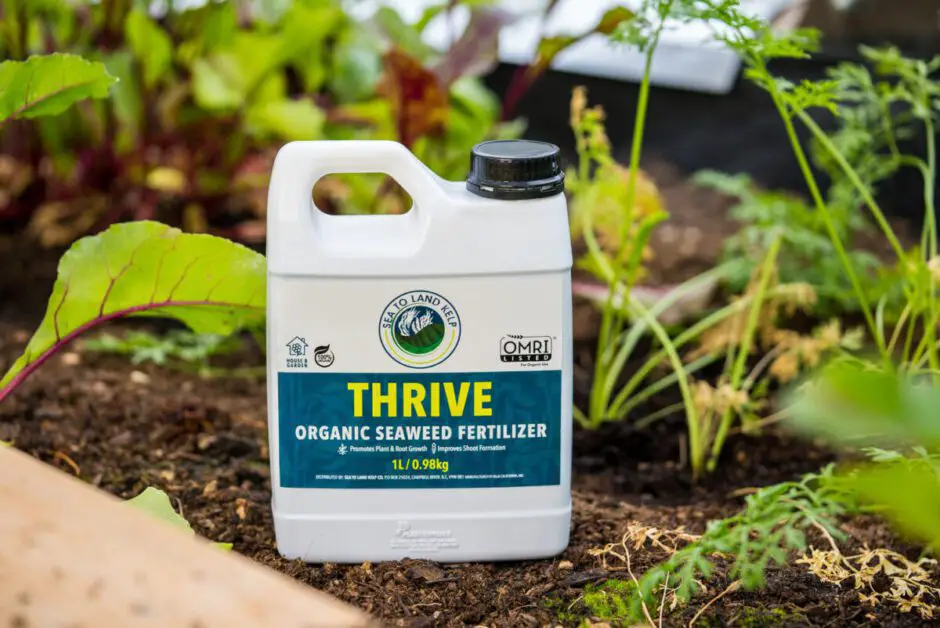
In addition to its nutrient content, liquid kelp fertilizer also contains natural plant growth hormones, such as auxins, cytokinins, and gibberellins. These hormones play a crucial role in various plant processes, including cell division, root and shoot development, and flowering. As a result, plants treated with liquid kelp fertilizer tend to have stronger stems, larger root systems, and increased flower and fruit production.
Furthermore, liquid kelp fertilizer is known for its ability to enhance plant resilience to environmental stressors. It helps plants tolerate drought, heat, and cold temperatures, making them more resilient in challenging growing conditions. This is particularly beneficial for gardeners in regions with fluctuating weather patterns or those looking to extend the growing season.
Whether you’re a seasoned gardener or just starting out, liquid kelp fertilizer can be a valuable addition to your gardening arsenal. Its versatility, nutrient-rich composition, and ability to improve plant health make it a go-to choice for many plant enthusiasts. So why not give it a try and experience the diverse benefits that liquid kelp fertilizer can bring to your garden?
Compatibility with Other Fertilizers: Exploring how liquid kelp fertilizer can be used in conjunction with other
Liquid kelp fertilizer offers excellent compatibility with other fertilizers, making it a versatile choice for gardeners and agriculturists. This organic fertilizer can be used in conjunction with both synthetic and organic fertilizers to maximize plant growth and yield. Its natural composition allows it to complement other fertilizers without causing any adverse effects.
When combined with synthetic fertilizers, liquid kelp fertilizer enhances nutrient uptake by plants, promoting better absorption and utilization of essential minerals. This can lead to improved plant health and vigor, resulting in higher crop yields. The organic compounds present in liquid kelp also help stimulate beneficial microbial activity in the soil, further enhancing nutrient availability to plants.
Furthermore, liquid kelp fertilizer can be used alongside organic fertilizers, such as compost or manure, to provide a well-rounded nutrient profile for plants. The rich array of vitamins, minerals, and amino acids in liquid kelp help supplement the organic matter’s nutrient content, ensuring that plants receive a balanced and complete diet.
By utilizing liquid kelp fertilizer in conjunction with other fertilizers, gardeners and agriculturists can optimize nutrient management and promote sustainable plant growth. This compatibility provides a flexible approach that can be tailored to suit the specific needs of different plant types, cultivation systems, and soil conditions.
Watch the video to learn more about the liquid kelp fertilizer.
Can liquid kelp fertilizer be used in combination with synthetic chemical fertilizers?
Yes, liquid kelp fertilizer can be used alongside synthetic chemical fertilizers. It can help enhance the effectiveness of these fertilizers and improve overall plant growth.
Is liquid kelp fertilizer compatible with organic fertilizers?
Absolutely, liquid kelp fertilizer is compatible with organic fertilizers. In fact, using liquid kelp fertilizer in conjunction with organic fertilizers can provide a more balanced and comprehensive nutrient profile for your plants.
Can liquid kelp fertilizer be used with hydroponic systems?
Yes, liquid kelp fertilizer can be used in hydroponic systems. Its nutrient-rich composition makes it a suitable option for providing essential elements to plants grown without soil.
Can liquid kelp fertilizer be applied as a foliar spray?
Yes, liquid kelp fertilizer can be applied as a foliar spray. This method allows for direct absorption of nutrients through the plant’s leaves, promoting faster and more efficient nutrient uptake.
Is liquid kelp fertilizer compatible with drip irrigation systems?
Absolutely, liquid kelp fertilizer is compatible with drip irrigation systems. It can be easily incorporated into the irrigation water, ensuring a consistent and even distribution of nutrients to the plants.
Can liquid kelp fertilizer be used for both indoor and outdoor plants?
Yes, liquid kelp fertilizer can be used for both indoor and outdoor plants. Its versatility makes it suitable for various types of plants, regardless of their growing environment.
Does liquid kelp fertilizer have any environmental benefits?
Yes, liquid kelp fertilizer has several environmental benefits. It promotes healthier soil by increasing microbial activity, reduces the need for chemical fertilizers and pesticides, and supports sustainable farming practices.
Is liquid kelp fertilizer cost-effective compared to other fertilizers?
Liquid kelp fertilizer can be considered cost-effective due to its ability to improve plant health and yield. Although it may have a slightly higher upfront cost, its long-term benefits often outweigh the initial investment.
Can liquid kelp fertilizer be used as a seed treatment?
Yes, liquid kelp fertilizer can be used as a seed treatment. It can help improve seed germination, enhance root development, and provide essential nutrients right from the start.
Are there any precautions to consider when using liquid kelp fertilizer with other fertilizers?
While liquid kelp fertilizer is generally safe to use with other fertilizers, it’s important to follow the recommended application rates and guidelines provided by the manufacturer. Over-fertilization can harm plants, so it’s crucial to maintain a balanced approach when combining different fertilizers.

